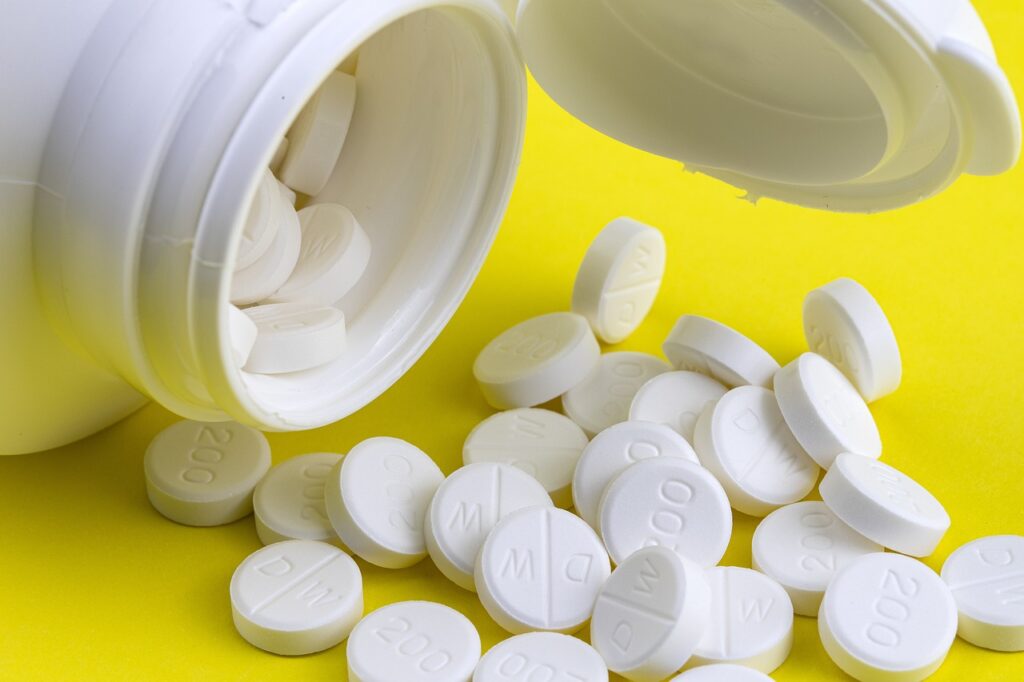Absolutely! Pharmacovigilance is crucial in the healthcare and pharmaceutical industry for several reasons:
- Patient Safety: The primary goal of pharmacovigilance is to ensure the safety of patients by monitoring and evaluating the adverse effects of medications. Identifying and preventing harmful side effects helps protect patients from harm.
- Detecting Adverse Drug Reactions (ADRs): Pharmacovigilance systems are designed to detect, assess, and understand adverse drug reactions, both known and unknown. This information is vital for healthcare providers to make informed decisions when prescribing medications.
- Regulatory Compliance: Regulatory agencies, such as the FDA (Food and Drug Administration) and EMA (European Medicines Agency), require pharmaceutical companies to conduct pharmacovigilance activities. Compliance with these regulations ensures that medications meet safety standards.
- Improving Public Health: By identifying and managing the risks associated with medications, pharmacovigilance contributes to the overall improvement of public health. It helps in preventing medication-related harm and promotes the safe use of drugs.
- Enhancing Drug Development: Information gathered through pharmacovigilance activities can be used to improve the development and formulation of new drugs. This leads to safer and more effective medications for patients.
- Building Trust: Transparent and effective pharmacovigilance practices build trust between pharmaceutical companies, healthcare providers, and patients. It demonstrates a commitment to patient safety and ethical responsibility.
Pharmacovigilance plays a vital role in ensuring that medications are safe and effective for everyone who needs them.





